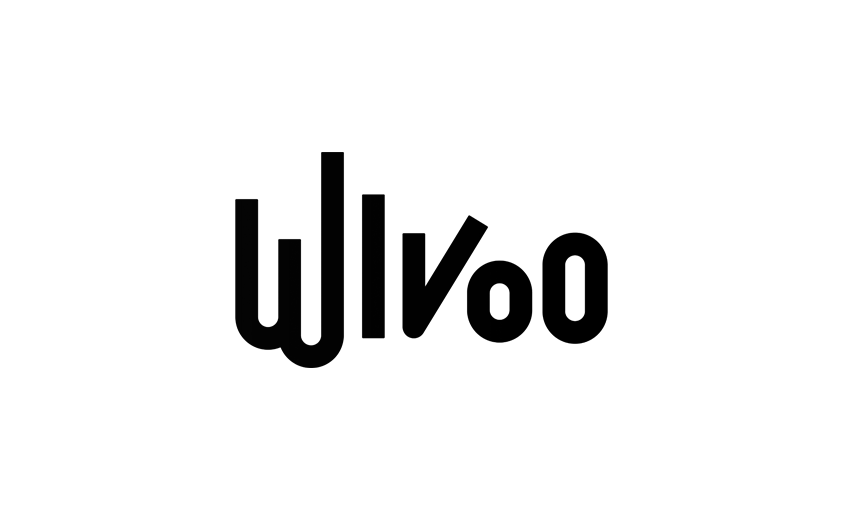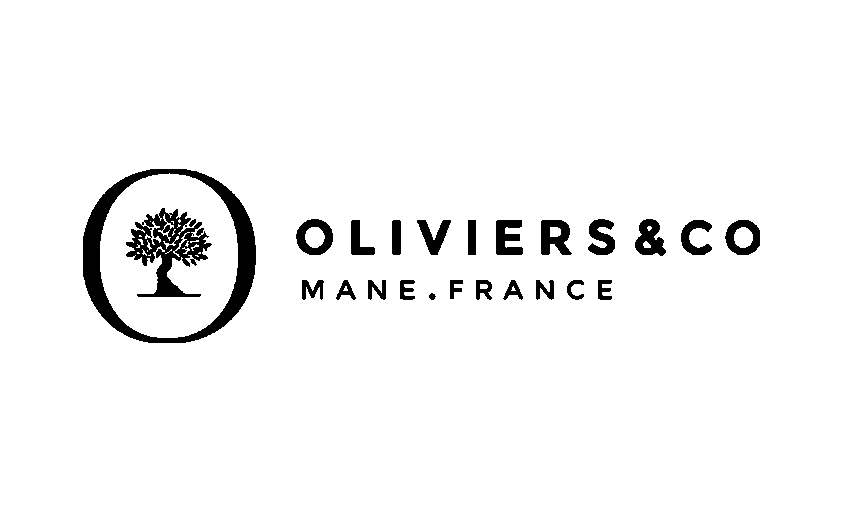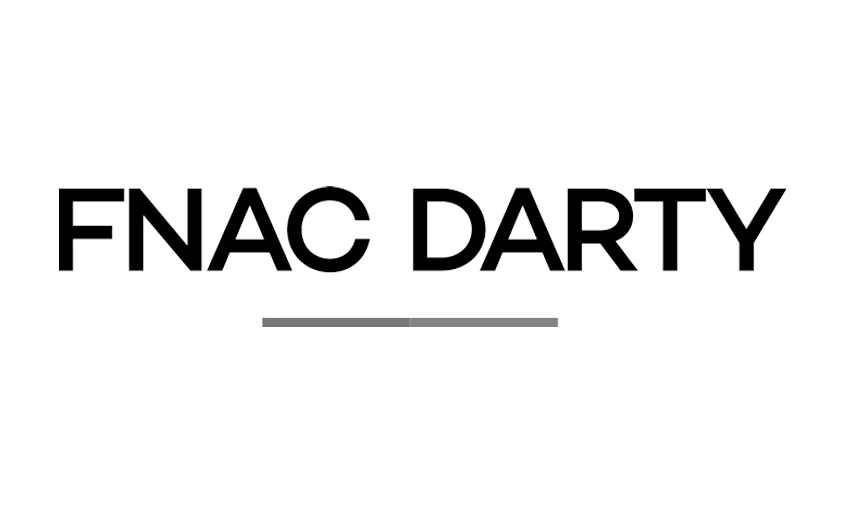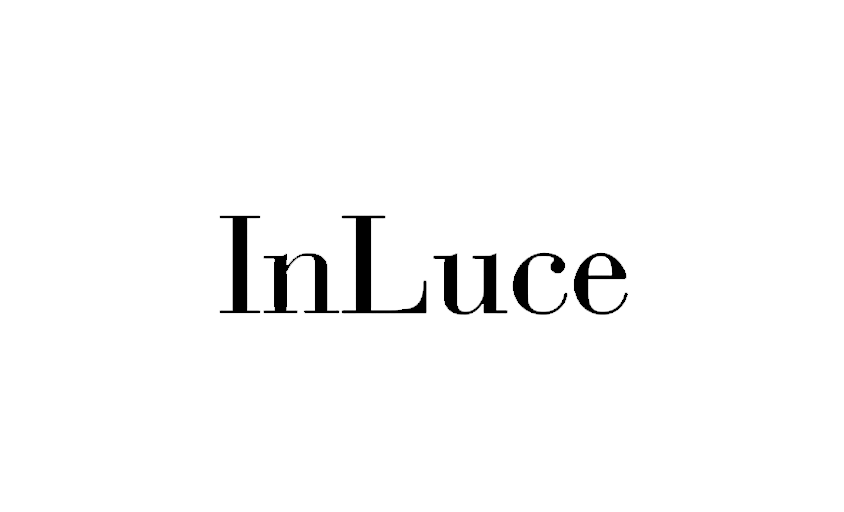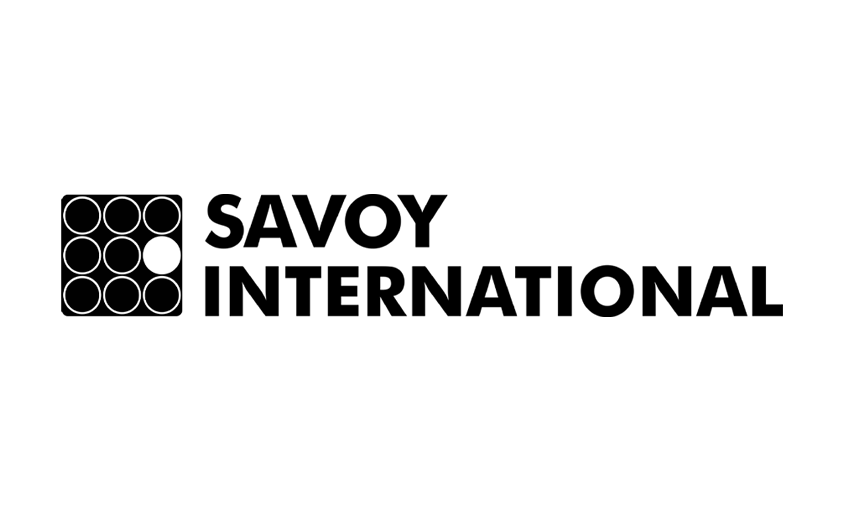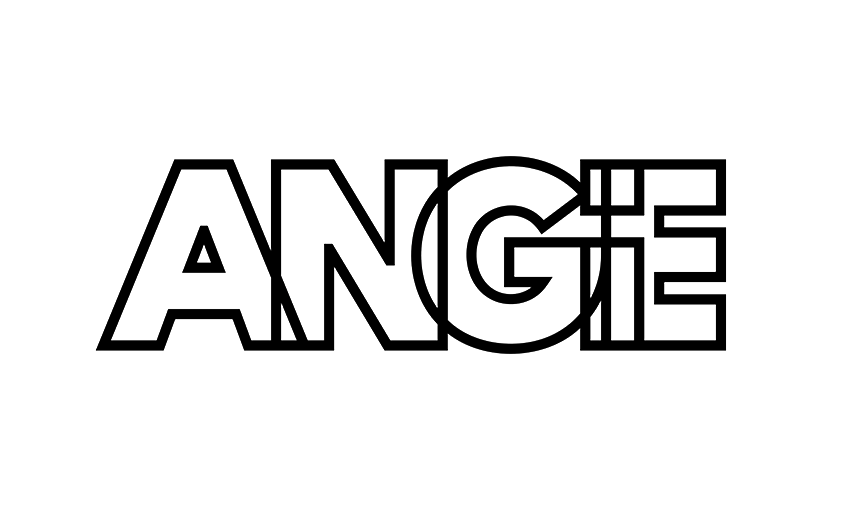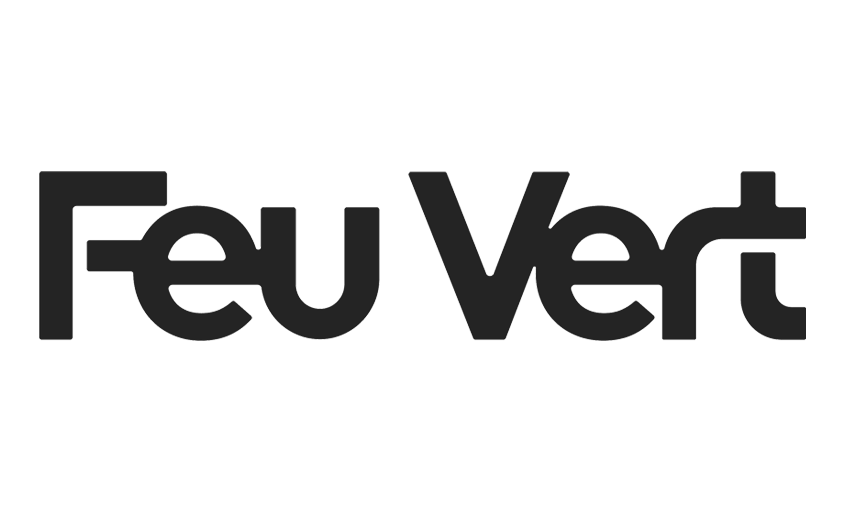What is the status of a business developer? Everything you need to know to invoice legally
In this article :
As part of our business developer program, we aim to clarify certain concepts. It’s not exactly a profession in itself, but rather a role, usually occasional or sometimes regular, carried out by someone who connects a company with a prospective client. And whenever a remuneration is involved, the question of legal status becomes unavoidable. Can you act as a business developer without a formal structure? Which legal form should you choose to invoice your commissions? What does the law say about this activity?
In this article, we review the different legal statuses available for a business developer in France, their practical implications, and the precautions to take to operate within a legal and secure framework.
1. Can you act as a business developer without a legal status?
Commercial introductions, even occasional ones, can be remunerated. But can you receive a commission as a business developer without having a legal status (percentage or fixed fee)? The answer is yes, but only in very strictly regulated cases. This tolerance applies solely to very occasional and low-value introductions. Beyond that, a legal framework becomes mandatory.
Activity tolerated only if it remains marginal
Under French law, an individual can receive remuneration as a business developer without being registered, provided the activity is exceptional. This principle is governed by Article L242-1-4 of the Social Security Code, which sets the following conditions:
- The activity must be occasional and non-professional, meaning it is sporadic and not habitual.
- The number of introductions must remain limited: one to two per year at most.
- The amount received must be below 15% of the monthly net minimum wage (SMIC), approximately €265 gross per year in 2024.
Within this precise framework, no registration is required, and no social contributions are owed. This allows an individual to be occasionally remunerated for a recommendation or useful contact without administrative formalities.
As soon as the activity becomes recurring: legal status is required
If business introductions become frequent, regular, or higher-paying, this tolerance no longer applies. The authorities then consider it a professional activity, subject to standard rules for independent work. It then becomes mandatory to:
- Have a legal status that allows invoicing (micro-entrepreneur, sole proprietorship, company, etc.)
- Obtain an APE code corresponding to the activity
- Issue proper invoices
- Declare income and pay the corresponding social contributions and taxes
Failure to comply may make the company paying the commission jointly liable for unpaid charges, exposing both parties to potential penalties.
Being a business developer without a legal status is possible, but it remains a highly regulated exception, valid only for isolated, low-value cases. As soon as activity exceeds these thresholds (either in frequency or revenue) it is essential to adopt an appropriate legal framework. To remain compliant and secure the commercial relationship, it is better…
2. Possible Legal Statuses for a Business Developer
A business developer can operate occasionally or professionally. However, as soon as the activity becomes regular or generates income above a certain threshold, it is essential to have a legal status that allows issuing invoices, declaring income, and paying the corresponding social contributions.
There is no single legal status for business developers: several options exist depending on activity volume, desired level of structure, and medium-term ambitions. Here’s an overview of the main options in France.
1. Micro-entrepreneur: the simple choice
This is the most common status for those who want to operate legally as a business developer, with minimal administrative steps and a simplified framework.
It is ideal for:
- Occasional developers, but earning above tolerance thresholds
- Independents combining multiple missions (freelance + business development, for example)
- Retirees, students, or employees in a secondary activity
Advantages:
- Quick and free online registration
- VAT exemption under certain thresholds
- Social contributions calculated on actual revenue
- Very simple accounting
Disadvantages:
- Revenue limited to €77,700 for service activities (2024)
- Cannot deduct professional expenses
- No personal asset protection
This status is ideal for starting or testing the activity but has limits if business development becomes a main source of income.
2. Sole proprietorship (EI/EIRL): to go a bit further
If you exceed micro-entrepreneur thresholds or want to deduct expenses (travel, tools, communication), a sole proprietorship offers more flexibility than a company without administrative complexity.
Suitable for:
- Developers generating higher revenue
- Those needing to deduct costs
- Independent profiles in growth
Advantages:
- Simple operation without creating a separate legal entity
- Real taxation with expense deductions
- No minimum capital required
Disadvantages:
- Unlimited liability (except for EIRL)
- Sometimes heavier social contributions
- Obligation to maintain proper accounting
The EI allows a stable activity without the administrative burden of forming a company.
3. SASU or EURL: the professional route
When activity becomes structural or when you want a strong professional image, creating a single-person company becomes relevant. This could be a SASU (simplified joint-stock company) or an EURL (single-member limited liability company).
Recommended for:
- Developers working with large companies
- Those wishing to separate personal assets from professional
- Projects in development or seeking credibility
Advantages:
- Clear separation of personal and professional assets
- Possibility to pay dividends (tax optimization possible)
- Stronger credibility with clients and partners
- Potential to evolve into a multi-shareholder structure
Disadvantages:
- Higher setup and management costs
- Full accounting required
- More administrative management (AGs, declarations, etc.)
SASU is often preferred for its flexibility and employee-like social regime (better social protection), while EURL can be interesting for lower social charges but offers less protection.
4. Legal entity (B2B between companies)
In some cases, the business developer is not an individual but a company. This is common in inter-professional relations or partner networks.
For example:
- A marketing agency recommending a production studio (like us!)
- A consultancy connecting a freelancer with a client
- An event company introducing an audiovisual agency
Here, the relationship is between two registered companies, via a B2B contract and an inter-company commission invoice. This requires the company to be registered and maintain formal accounting.
5. What if I’m an employee or retired?
It is entirely possible to be employed and act as a business developer on the side, provided the activity is declared, not in competition with the employer, and conducted outside working hours. The micro-entrepreneur status is often used here.
The same applies to retirees or students, who can legally invoice through a micro-entreprise or a company.
The choice of legal status depends on the purpose: occasional supplementary income or a real revenue driver.
The micro-entreprise remains the most accessible format, while corporate structures (SASU, EURL) offer a stronger framework for those wishing to professionalize or collaborate with structured players.
In all cases, the key is to be able to invoice, comply with tax and social obligations, and secure the relationship through a clear business development contract. This framework protects both the business developer and the beneficiary company.
3. What the Law Says: Legal Framework
A business developer is not a commercial agent nor a legal representative (see our definition of their role here). They do not sign contracts on behalf of the company and do not participate in negotiations. They act solely as an intermediary without representation authority.
Their role is recognized by case law and should be formalized in a contract specifying:
- the nature of the mission
- the commission agreed upon (fixed, variable, or hybrid)
- the payment terms
- the validity period of the introduction
- any confidentiality or non-compete obligations
Conclusion
The status of a business developer in France relies on a balance: it is an accessible activity, but it must be formalized once the remuneration becomes significant. The micro-entrepreneur remains the most flexible and widely used framework for invoicing commissions. For more advanced profiles, single-member companies (SASU, EURL) offer more robust solutions in the medium term.
In all cases, the key is a clear legal framework, compliance with tax obligations, and a well-structured contract. This ensures that business development remains a simple yet reliable lever for growing a business within the rules.
Jérémy Carlo is the editorial director at Rétines, where he ensures the consistency and clarity of all content produced by the studio.
Our Clients
Let’s discuss
What we do for you at Rétines
Meticulous work, an organised project and fast delivery. And to achieve this, we mobilise the right resources in our teams at the right time.
01
Pre-production
Artistic and technical direction tailored to the project.
Relevant recommendations on content, form and resources.
02
Photo Shooting
Photos taken by our experienced photographers.
Production that’s controlled, efficient and tailored to the needs of the project, with nothing superfluous.
03
Retouching
Technique
Photographs magnified by our retouching team.
Post-production to meet the commercial challenges of the brief.

